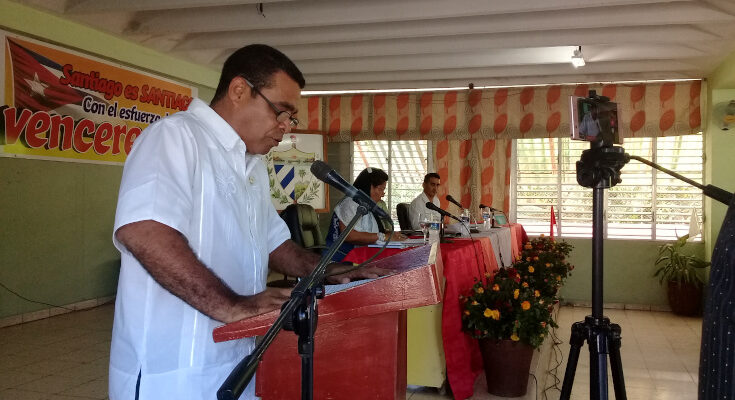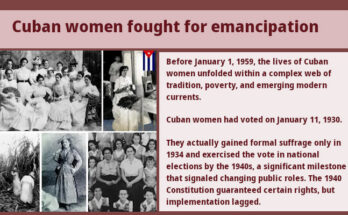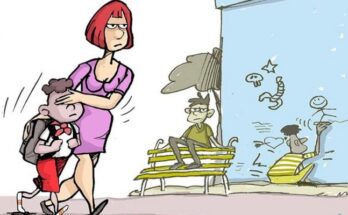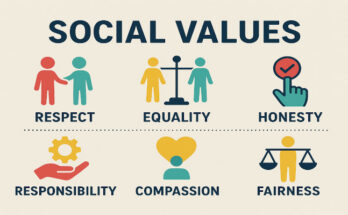As it is to happen this May 28, 2023 in all Cuban municipalities and by agreement of the Council of State, in Contramaestre on that day the 161 delegates that make up the Assembly of People’s Power will meet in their own right to elect the provincial governor and vice-governor for a five-year term, whose candidates are proposed by the President of the Republic, Miguel Díaz-Canel, in an election exercise in accordance with the provisions of the Constitution of the Republic of Cuba and the Electoral Law.
This election process for the offices of head of the provincial government and vice-governor is led by the Municipal Electoral Council and by the deputy appointed for this purpose by the Council of State. The National Electoral Council is in charge of reproducing and sending to each of the delegates the corresponding biographies and photos, no less than 72 hours prior to the date of the election; as well as of guiding and organizing the voting acts in each municipality and the counting of the votes in each province, and reporting the results.
In reference to this event that reinforces the country’s institutionality and strengthens the Organs of People’s Power, a note published on the website of the National Assembly of People’s Power states that according to the nation’s Magna Carta, each province is governed by a Provincial Government of People’s Power that works in close connection with the people, made up of a Governor and a Provincial Council.
Electing provincial governor and vice-governor
The Constitution of the Republic of Cuba states that in order to be Governor, one must be a Cuban citizen by birth and have no other citizenship, be at least 30 years of age, reside in the province and be in full enjoyment of civil and political rights. The Vice-Governor, meanwhile, is elected in the same manner, for the same period and is subject to the same requirements as the Governor.
The Provincial Governor is the highest executive-administrative officer in his province. He is responsible to the National Assembly of People’s Power, the Council of State, the Council of Ministers and the Provincial Council, to which he renders account and reports on his management, at the time and on the issues requested.




